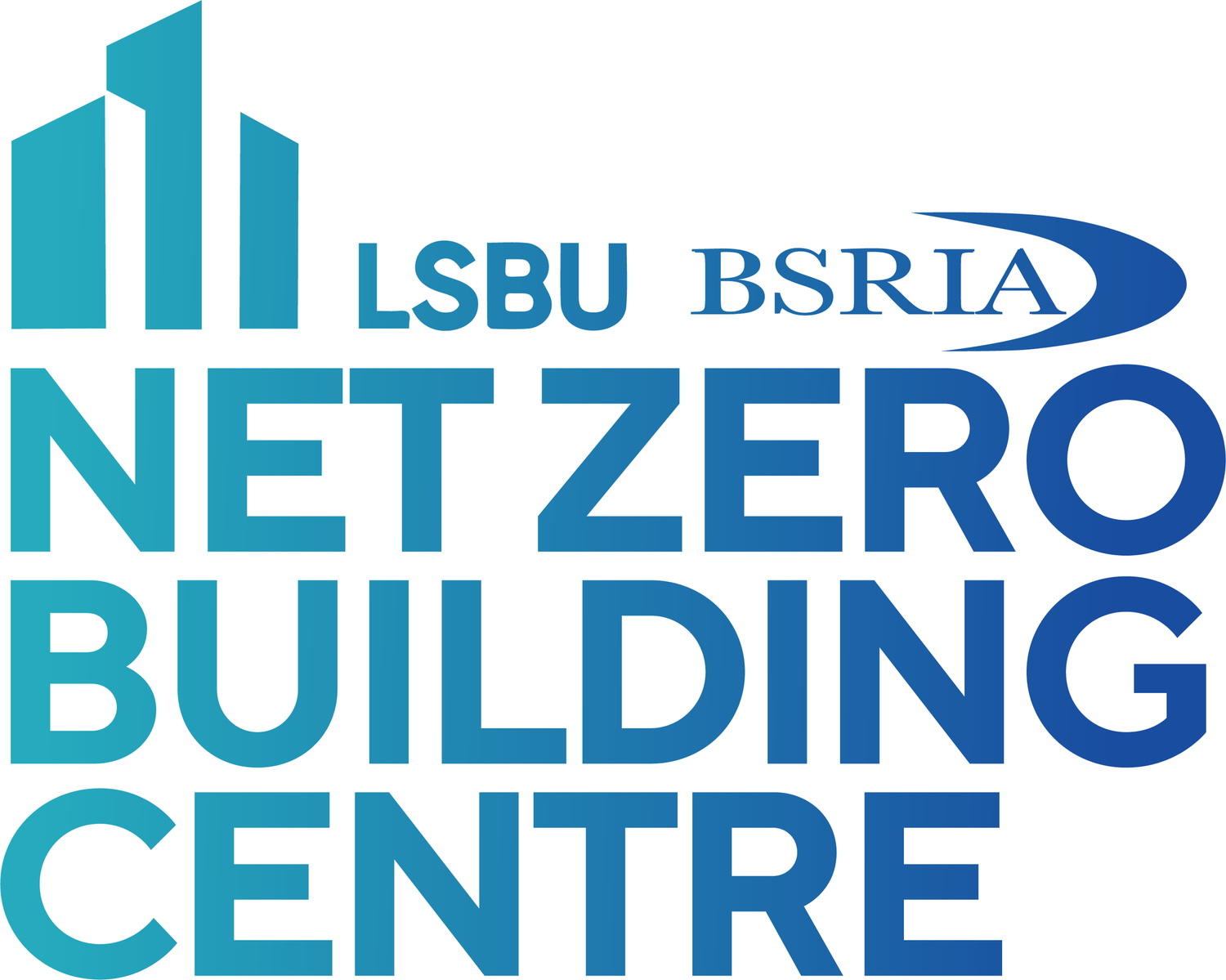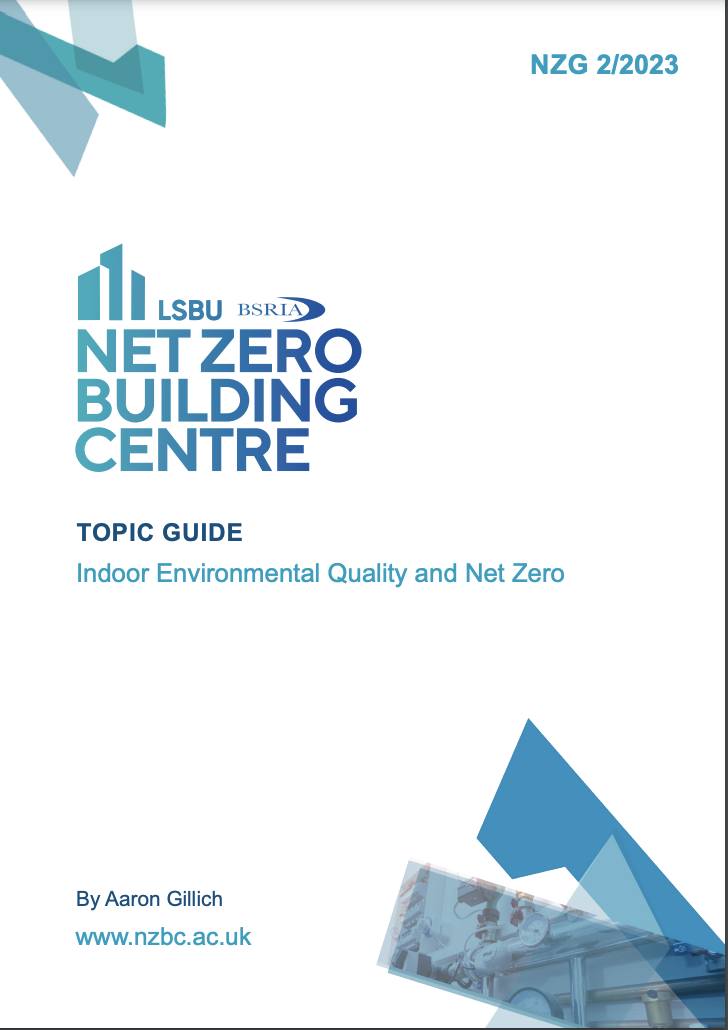
Accelerating decarbonisation in the built environment
The Net Zero Building Centre is a joint venture between BSRIA and LSBU. It was created to be an innovation hub and centre of excellence that builds on the shared strengths of BSRIA and LSBU in field of low carbon buildings.
Latest…
Decarbonisation of heating and cooling
The heating and cooling of buildings contributes significantly to our carbon footprint. Decarbonising heating and cooling for the entire building stock is an essential factor in meeting our 2050 climate mitigation goals. Alternative low and no carbon energy sources can provide cleaner, more efficient solutions to providing thermal comfort. Through maximising the utility of existing technology and innovating to create solutions to the issues around creating a net zero built environment, the Centre propels the exploration and use of heat networks, heat pump design, energy recovery, electrical building design, storage, hydrogen, renewables, and data centres. These avenues of research, define the future of a decarbonised built environment.
Smart Building Performance
In order to deliver a net zero carbon economy, we must not only improve building design, but also performance in use. This will increasing depend on smart technologies and digitisation optimise building performance in a way that reduces energy and carbon emissions without compromising comfort. The Centre advocates for increased technological innovation in the built environment. Areas of interest are offsite construction methods; smart manufacturing processes; performance data for compliance and verification; data driven facilities management and maintenance.
Indoor Environmental Quality
People spend the vast majority of their time indoors. Buildings fulfil countless different functions, yet they all need to have good Indoor Environmental Quality. The Centre seeks to advance knowledge around indoor air quality; links between air tightness/ventilation and health outcomes; fire safety; comfort and productivity; well-being; acoustics and vibration. Research shows that air quality indoors is often worse than that outside.
Those who live closer to busy roads face alarming levels of air pollution which contributes to an increased risk of heart disease, stroke, heart failure, lung cancer and dementia. Meanwhile, research around covid-19 transmission further highlights the importance of good ventilation in buildings. Well-being, productivity and general quality of life are significantly influenced by the quality of the environments in which we spend our time. The Centre is dedicated to advancing life quality through improvements to indoor environmental quality.
Policy Implementation
The world has laudable climate goals but current policy will leave us far short of reaching those goals. The UK has also repeatedly shown that even when policy goals are on track, failures of implementation disrupt the confidence of both suppliers and consumers in the built environment. As we begin this decisive decade for climate action we require not only effective and ambitious policy design, but also implementation.
The Centre works to produce impactful, applied research that ushers in positive change at scale. The challenges posed by decarbonising the built environment require a seamless interaction between research and policy. The Net Zero Centre collaborates with local government to further heat policy; retrofitting existing stock; improve compliance; link building performance to policy; education and changing practice.

“Real success can only come if there is a change in our societies and in our economics and in our politics.”
Sir David Attenborough
Contact
Feel free to contact us with any questions.
Email
netzero@nzbc.ac.uk
Phone
+44 (0)20 7123 4842







